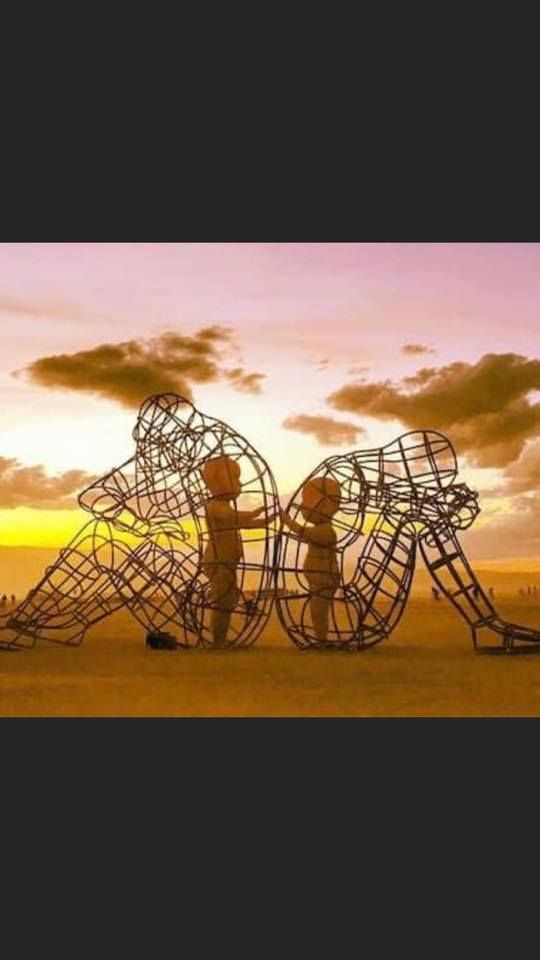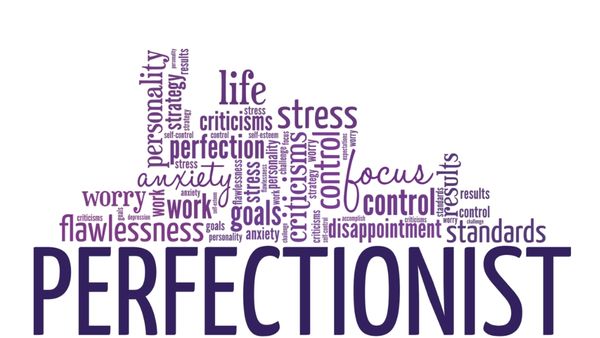- I’m a people pleaser.
- I say yes when I really mean no.
- I have trouble holding boundaries.
- I am ambivalent about making decisions.
- I can be passive aggressive.
- I’m overly apologetic.
Sound familiar?
In this style, it’s likely that there was a history of over controlling parents. Autonomy and having your own will was frowned upon. The child learned that being his own person was not safe. But there was a resistance that went underground: You can take my body, but you can't take my soul!
Now, with my partner, I fib when I say I’ll be home. I’ll tell her one thing but then do something different. Ironically, I’m creating more conflict when I try to avoid conflict.
Trauma and relational therapy can help you be clear and direct with feelings and needs. And hold boundaries and set limits which enhance connections!





